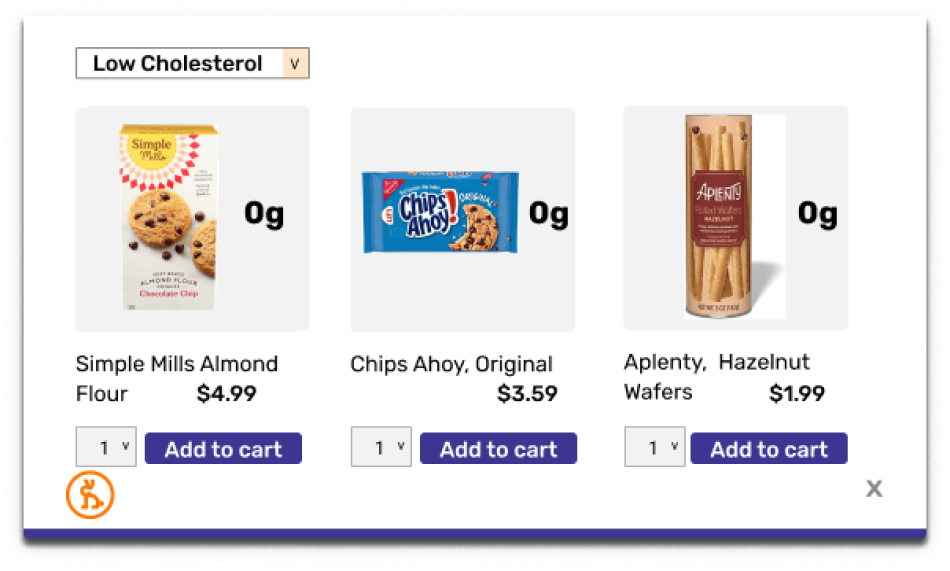Autoimmune disorders are becoming more and more prevalent in today’s society. And lupus is among the most popular. If you, or someone you know, has this disease, here is some important information that will help you understand a lot of what life with lupus can bring. Knowing even the basics can help make lupus management better.
What It Is and How It Impacts Your Immune System:
Lupus is an autoimmune disease—chronic in nature—often involving seasons of sickness, known as flares or immune system attacks, and seasons in which one may thrive physically, known as remission.
Causes & Will It Go Away:
Different factors can contribute to the frustration of the immune system, leading to this disease. Lupus is thought to be caused by factors both inside and outside of the body. Among these factors are hormones, genetics and environment.
The hormone, estrogen, is one that is centrally researched concerning lupus and its prevalence in women over men. However, there is currently no concrete evidence of estrogen being a definite factor.
Lupus is not something you contract. It is a genetic condition. In other words it just doesn’t go away.Genetically speaking, lupus is linked to more than fifty genes. These genes are more common in people that have the disease than people who don’t have it. Even though lupus can affect anyone, it tends to affect some populations more than others. It is found in women more than men, and among African American people, and people of Native American and Asian descent more than white people.
Environment is also thought to be a possible contributor to lupus. Environmental factors that are thought to be possible triggers of lupus are ultraviolet light, infections and industrial or agricultural exposure to a certain type of dust.
Signs and Symptoms:
Although this disease is the result of a triggered immune system, it can affect several parts of the body such as the skin, joints, kidneys, lungs, heart and brain. No two lupus cases are alike, but the following are common signs and symptoms:
- Fatigue
- Fever
- Pain, stiffness and swelling in joints
- Face rash across cheeks and nose bridge
- Skin lesions
- Chest pain, shortness of breath
- Headaches, confusion and memory loss
Symptoms of this disease can range from mild to severe, where a person may be able to live life as they did before diagnosis to having their life completely changed for the foreseeable future.
Lupus Medications & Possible Side Effects:
Since lupus can affect the human body in a number of ways, there are a variety of medications that may help with the unique situations of each patient. It is important that a patient with lupus decide with their doctor which medication might be the best for their individual condition. Common medications include:
- Antimalarials to help lessen pain and inflammation, prevent flare-ups and help with lupus-related skin problems.
- Side effects may include: stomach pain and digestive problems, such as nausea and diarrhea.
- Steroids to decrease the activity of overactive white blood cells, which prevents inflammation that leads to lupus symptoms.
- Steroids can cause issues like swelling, weight gain and trouble sleeping. Prolonged use of steroids can create other health issues such as infections, bone weakness and diabetes.
- Non-steroidal anti-inflammatories (NSAIDs), such as aspirin.These reduce inflammation and pain.
- NSAIDs may create issues in the digestive system like stomach pain or ulcers. Taking them with food can help prevent this. Also, constant use of NSAIDs can damage the kidneys, an organ that may already be vulnerable due to lupus.
- Immunosuppressants which stop a lupus patient’s immune system from attacking itself. Immunosuppressants are given when lupus seriously affects organs like the brain, kidneys, heart or lungs.
- The main side effect of immunosuppressants is that they expose the body to infections because the body’s natural defenses are weakened.
- Blood-thinners that help prevent blood clots. Although the prevention of blood clots is very important—even life-saving—the side effects of blood thinners are also not to be taken lightly.
- Monoclonal antibodies (mAbs) which are protein aids for lupus nephritis.
- Side effects of mAbs may include nausea and diarrhea, fever, pain in extremities, depression, trouble sleeping, heightened risk of infections, and heightened risk of shingles.
Will Lupus Cause Hair Loss:
Hair loss is also a possible topic of concern when it comes to lupus. Because of the skin conditions that accompany lupus, hair thinning or loss may occur. Rashes or sores on the scalp may disrupt regular hair growth. Also, some lupus medications, like steroids and immunosuppressants, can cause the loss of hair. But if this begins to happen, there’s no need to panic. You can talk to your doctor about the best way to manage it.
- Fatigue
- Fever
- Pain, stiffness and swelling in joints
- Face rash across cheeks and nose bridge
- Skin lesions
- Chest pain, shortness of breath
- Headaches, confusion and memory loss
Symptoms of this disease can range from mild to severe, where a person may be able to live life as they did before diagnosis to having their life completely changed for the foreseeable future.
Diet:
According to the Lupus Foundation of America, there is no specific diet for lupus. Generally, people with lupus should eat nutritious and well-balanced diets that contain fruits, vegetables, whole grains, and moderate amounts of meat, poultry, and fish. Vegan and vegetarian diets are also acceptable(1).
Dietary Limitations:
These are foods that people with lupus should avoid as they may directly and negatively affect lupus flares:
Foods high in cholesterol and saturated fats: because the risk of heart attack is heightened by fifty percent in people with lupus, these foods ought to be limited, if not avoided. Foods high in cholesterol and saturated fats include full-fat dairy, red and processed meats, fried foods, baked goods and sweets.
Salt: Salt contains sodium. And too much sodium can raise your blood pressure and increase your risk for heart disease…not a good thing since the heart is already vulnerable with lupus (2,3). A few high-sodium foods you may consider limiting or avoiding include canned soup, store-bought pizza, smoked or cured meats, and buttermilk.
Bottom Line:
Lupus is a disease that is unique to every individual that has it. Likewise, each person that has this disease should pay close attention to their own experience so that it may be reported and attended to appropriately. By following the instructions and advice of your medical care team, this condition can be managed well.
Sources:
- https://www.lupus.org/resources/diet-and-nutrition-with-lupus
- https://infusionassociates.com/lupus-diet/
- https://lupusnewstoday.com/2017/06/19/6-foods-lupus-patients-might-want-avoid/?cn-reloaded=1

People ask Vitalcart for grocery tips each day. We get the best finds for each health goal and share them live with you.

The shopping assistant that makes nutrition planning easy.

